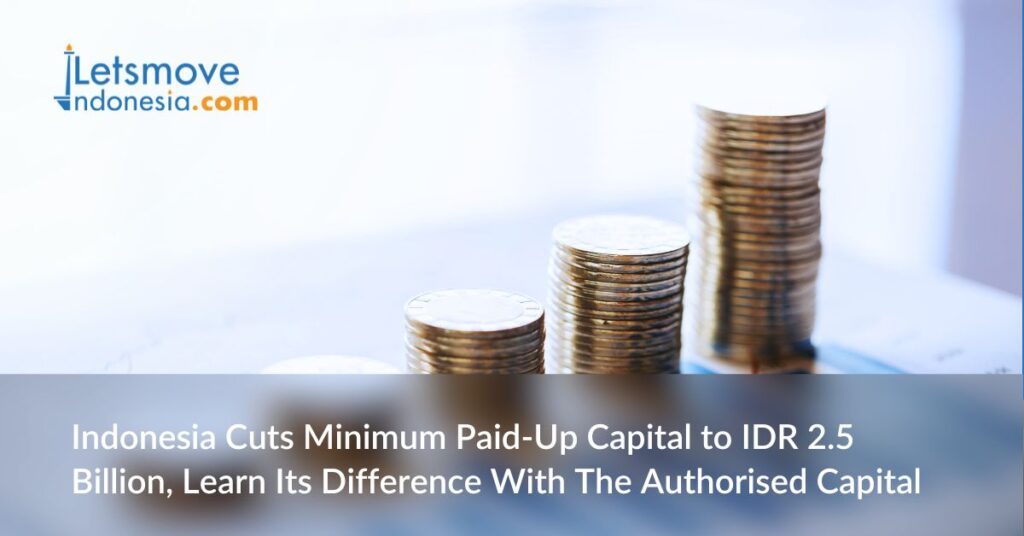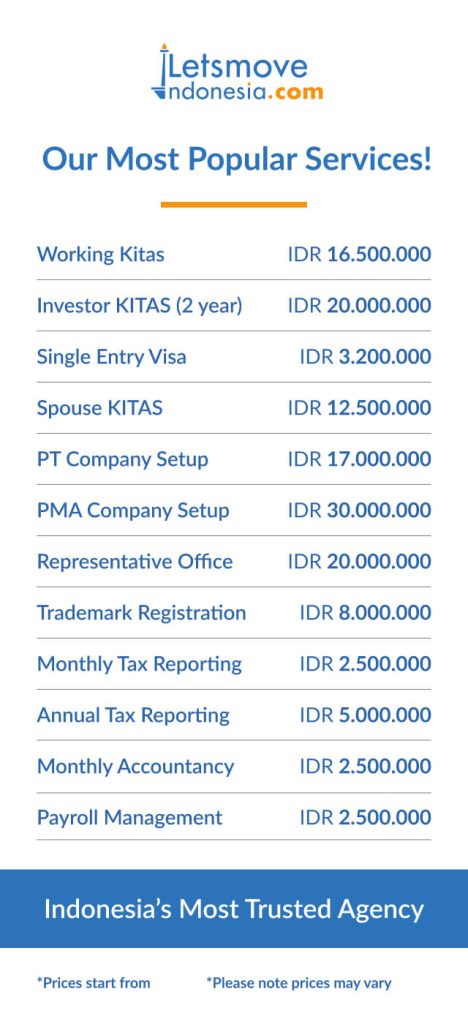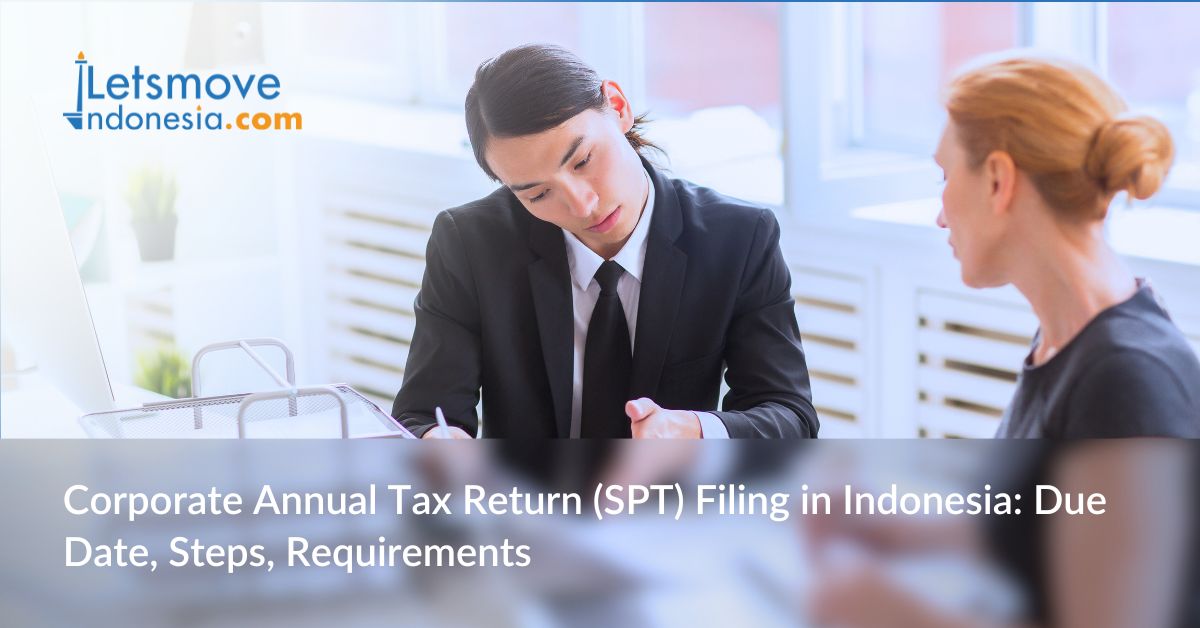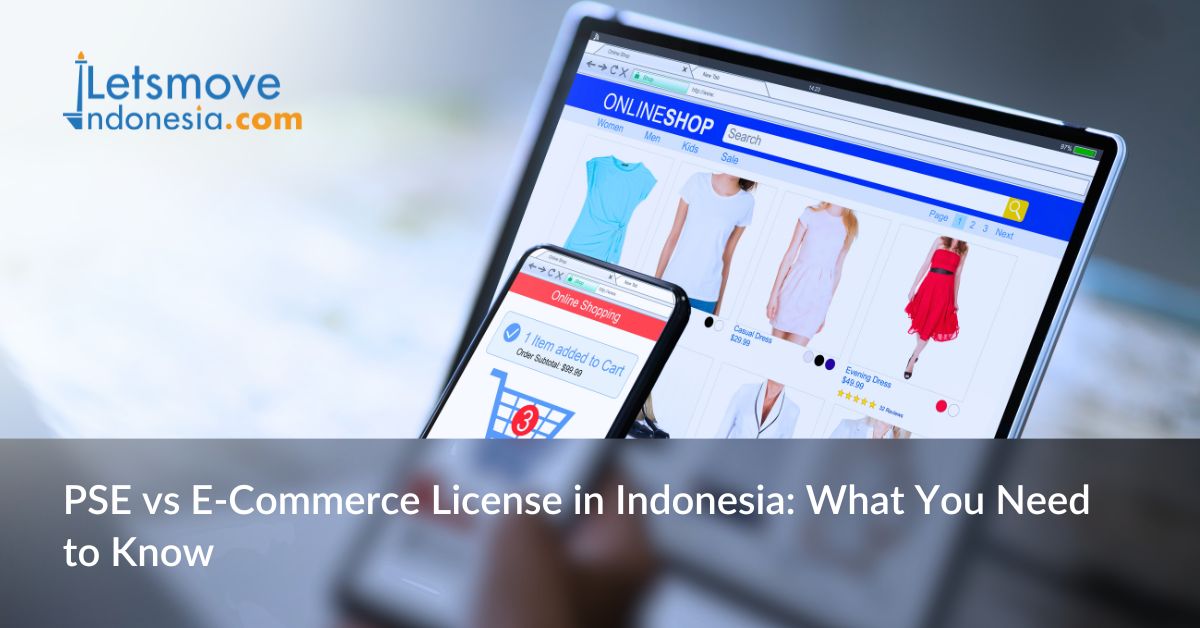On 2 October 2025, Indonesia’s Investment Coordinating Board (BKPM) formally issued Regulation No. 5 of 2025 (Reg 5/2025), ushering in major changes to foreign investment rules and business licensing via the Online Single Submission (OSS) system.
Among the headline changes: the minimum paid-up capital for foreign-owned companies (PT PMA) has been cut from IDR 10 billion to IDR 2.5 billion, while the broader minimum investment threshold of IDR 10 billion per business classification remains.
For foreign entrepreneurs, investors and SMEs looking at Indonesia in 2025, the reform is more than just a number—it recalibrates the entry cost, alters capital deployment strategy, and demands fresh compliance discipline.
First of all, what is a Paid Up Capital?
Paid Up Capital meaning
Paid-up capital is the amount of capital that shareholders have injected into a company in exchange for shares. Unlike authorised capital, which is the maximum amount of capital a company is allowed to issue, paid-up capital represents the funds that are already fully paid and deposited, proving the shareholders’ financial commitment.
In simple terms:
Paid-up share capital is the amount of capital that has truly entered the company, not just approved on paper.
For Foreign-Owned Companies in Indonesia (PT PMA), paid-up capital is mandatory, and the paid-up capital must be recorded in the company’s deed and OSS system as part of the investment requirement.
Characteristics of paid-up capital
- Real money or assets injected by shareholders into the company as equity
- Must be actually deposited into the company’s bank account (or proven via capital statement prior to account opening)
- For PT PMA, the minimum amount of paid-up capital is IDR 2.5 billion per company (BKPM Reg. No. 5/2025)
- Funds must be locked for at least 12 months, unless used for operational or investment expenses
- Represents real business commitment
- Can be paid in cash or assets (machinery, equipment, etc., supported by valuation evidence)
- Recorded in the Deed of Establishment and reflected in the OSS-RBA system
- Forms part of the company’s equity and appears on the balance sheet
- Acts as proof of financial capability and company legitimacy
- Required before the company can hire expatriates, apply for permits, or fully operate
- Subject to audit trail and verification by BKPM through LKPM (investment reports)
- Must match or align with issued shares — shareholders receive ownership proportional to the paid-in amount
- Different from authorised capital (maximum allowed) and issued capital (shares allocated)
Differences between Authorised Capital and Paid-Up Capital
Paid-up capital refers to the actual funds that shareholders have contributed to the company in exchange for issued shares and which the company has received. Under the new regulation, it must be deposited and retained for at least 12 months for a PT PMA.
Authorised share capital, by contrast, is the maximum nominal value of shares that a company may issue under its Articles of Association. It represents potential rather than actual funds. For example, a company might set an authorised capital of IDR 50 billion but only issue and collect a paid-up portion of IDR 2.5 billion. The difference gives flexibility for future capital raising.
In practical terms, for foreign investors, you now must deposit the minimum paid-up capital (IDR 2.5 billion) to meet Reg 5/2025, but you can still set a higher authorised capital to allow growth or additional shareholders in the future.
Paid up Capital vs Shared Capital vs Issued Capital
Below we provide a clear comparison table explaining the differences between Paid-Up Capital, Authorised (or Share) Capital, and Issued Capital in the context of foreign investment (PT PMA) in Indonesia.
| Type of Capital | Definition | Purpose in PT PMA | Key Legal Basis / Requirement | Example Scenario |
| Authorised Capital | Authorised capital is the maximum amount of value of shares that a company is legally permitted to issue as stated in its Articles of Association. | Acts as the upper limit for a company’s potential capital giving flexibility for future issuance of shares without needing to amend the company deed. | Governed by Company Law No. 40 of 2007 (as amended by the Job Creation Law) and must be specified in the notarial deed. | A PT PMA sets an authorised capital of IDR 10 billion to allow future investors, though not all shares are issued at once. |
| Issued Capital | Issued capital represents the equity capital that the company can issue to shareholders. | Reflects the number of shares of stock actually owned by investors at the time of company establishment or capital increase. | Must be recorded in the notarial deed and reported in the OSS system and to BKPM as part of the investment plan. | Out of the IDR 10 billion authorised, the company issues IDR 2.5 billion worth of shares to initial shareholders. |
| Paid-Up Capital | Paid-up capital is the actual amount of money (or equivalent assets) paid by shareholders for the issued shares. It represents actual capital injected into the company’s account. | Demonstrates the company’s financial capability and commitment. Required to meet BKPM Regulation No. 5 of 2025, which sets a minimum paid-up capital of IDR 2.5 billion per PT PMA. | Proof of payment (bank slip or capital statement letter) must be submitted within OSS or during notarial registration. |
Takeaways from the Paid Up Capital update
The previous IDR 10 billion paid-up capital requirement acted as a heavy barrier for smaller foreign investors and service-based ventures. That threshold often forced investors to delay, restructure or exclude Indonesia from their regional plans.
With the reduction to IDR 2.5 billion, Indonesia opens the door to more nimble foreign investors, while retaining oversight through the higher total investment threshold and lock-up mechanism.
Investors take on the minimum paid-up capital change
- Revisit your capital structure and ensure your paid-up capital aligns with the IDR 2.5 billion threshold and your authorised capital supports your future growth plans.
- Update your OSS registration to reflect to the new capital and business classification under Reg 5/2025 to avoid contradictions in the system.
- Plan your fund deployment (assets, operations, construction) accordingly so you comply with the retention requirement.
- Because the interplay of investment thresholds, business classification (KBLI) and supporting activities has changed, it’s wise to engage with a partner who understands the new regulatory landscape.
Jumpstart Your Investment in Indonesia with Company Registration Consultation from Lets Move Indonesia
As a subsidiary of LMI Consultancy, Lets Move Indonesia specialises in guiding foreign investors through Indonesia’s evolving investment framework. With our comprehensive services, you can:
- Clarify paid-up vs authorised capital and plan your investment accordingly.
- Navigate the OSS system and submit the correct data under Reg 5/2025.
- Structure your business entity (PT PMA) in full compliance with licensing and capital requirements.
- Prepare for LKPM (Investment Activity Reports) and ongoing compliance obligations.
If you’re planning to invest, expand or restructure in Indonesia this year, the moment is ripe. But success depends on informed action and local expertise.
Connect with us now to ensure your capital, structure and compliance strategy are aligned—and ready for Indonesia’s next phase of growth.











